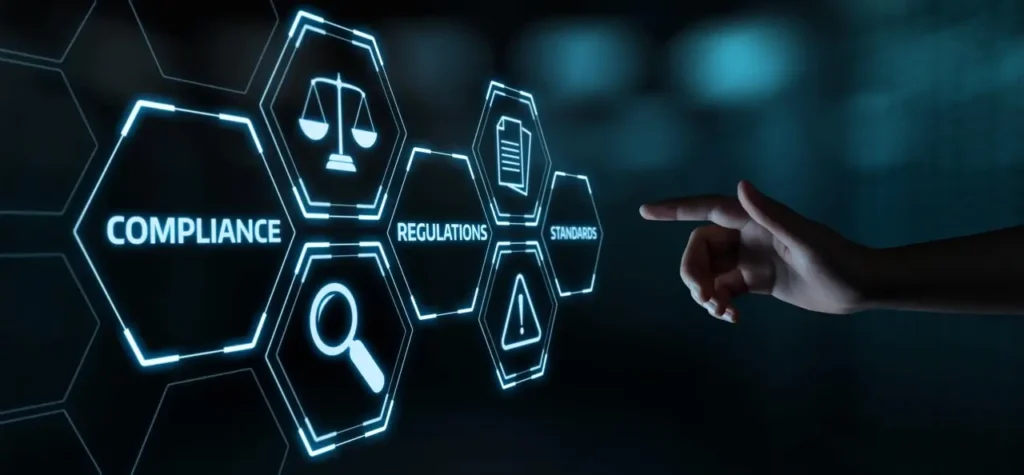Background:
Insider trading is essentially the wrong of trading in securities with the advantage of having asymmetrical access to unpublished information which when published would impact the price of securities in the market – has been attracting regulatory attention worldwide. In India, insider trading is not only a tort i.e. a civil wrong but also a crime.
Expectation from Compliance officer by PIT Regulations:
He/she should be capable of appreciating requirements for legal and regulatory compliance under PIT Regulations. He/she is responsible for
Monitoring aherence to the rules for the preservation of UPSI
Monitoring of trades
Implementation of codes specified in PIT regulations.
Compliance of policies, procedures
Maintenance of records
Role of Compliance officer as held by SEBI from time to time:
Let us visit each of the above slated key responsibility in the same chronology from the eyes of an SEBI:
On identification of UPSI, SEBI has said that a Compliance Officer being a professional and integral part of compliance of all the events of a company is reasonably expected to have access to all the major events culminating in a company. Therefore, it will be too naïve to assume that the Compliance Officer, is not aware of such material event in the Company.
On monitoring of trade, SEBI has said that it is the duty and responsibility of the Compliance Officer to put in place a comprehensive system, as per the Regulations, to analyse the weekly and quarterly reports provided by the RTA. For effective monitoring of trades, it is the duty of Compliance Officer to obtain details of these trades and put in place a mechanism to analyse them in order to identify any deviations with the Code of Conduct.
On Non-Closure of trading window for UPSI other financial results, SEBI has said that the practice of merely making the relevant employees cognizant of their responsibilities does not tantamount to closure of trading window as has been expected in the law.
On giving pre-clearance without exercising due diligence, SEBI has held Compliance Officer responsible for not giving pre-clearance after following diligent process by stating that ‘it is not the case of compliance officer that he sought further clarifications from the defaulter (DP who traded while in possession of UPSI), to dispel the apprehension which should have arisen in the mind of an ordinary reasonable man much less than the compliance officer of a listed company.’
Writer’s remarks:
We have observed that SEBI first looks out whether Compliance Officer has ‘system’ for the responsibility area in concern and thereafter checks whether such ‘systems’ are ‘adequate’ and ‘effective’ to meet the expectations of the PIT Regulations.
In order to carry out their duties diligently, Compliance Officers shall have in place proper systems and processes to fulfil their responsibilities. Merely having policies is not good enough.
Saurabh Agarwal
Partner

